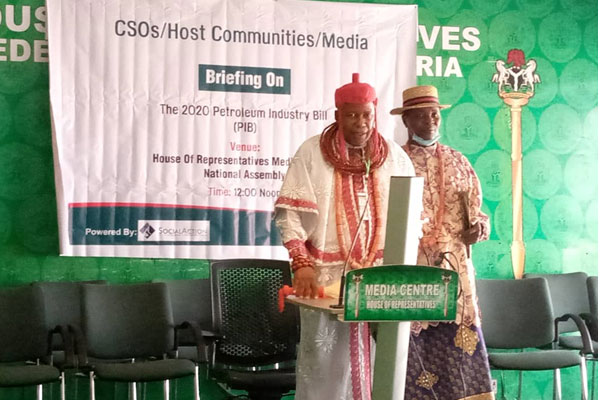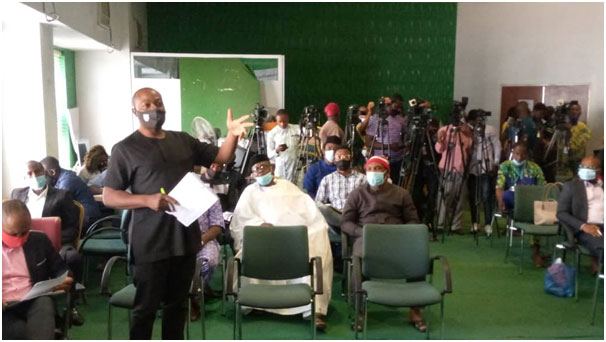PIB: A Call For Adequate Public Participation
Introduced in 2008 at the Federal Government’s instance, the Petroleum Industry Bill (PIB) now has a reputation for being one of the oldest and most contentious bills in Nigeria’s legislative history. Corruption, bad politics and deeply vested interests have all combined to ensure that the bill remains a miscarriage. It is a bill that is promoted as one that would sanitise the petroleum industry in Nigeria, improve benefits to the national economy and address the environmental and social costs borne by host communities. However, since its introduction 13 years ago, the bill has suffered several unfortunate and avoidable setbacks. That is why there was heightened expectation when the Muhammadu Buhari government reintroduced the PIB as an executive bill to the 9thNational Assembly, which promised to speedily pass the bill into law by the second quarter of 2021.
In line with its standing orders and house rules, the National Assembly announced a public hearing on the bill. The public hearing was expected to provide an avenue for public input into the bill and capture all the concerns by different interests. Public hearings, organised as part of the law-making process, enable the coalescing of recommendations from critical stakeholders to enable legislators to produce legislation that best serves the national interest, which cannot be divorced from citizens’ good.
However, civil society and host communities’ expectations that the public hearings would provide an opportunity for them to make input into the law-making process were mostly dashed due to the misinformation, haste and tardiness of the entire process. A series of public hearings started on Monday, January 25, 2021, to run through the week at both the Senate and House of Representatives fell short of many stakeholders’ expectations and, particularly, members of host communities and civil society groups. This displeasure was expressed by civil society organisations and representatives of the host communities of the Niger Delta who condemned the way and manner the National Assembly organised the public hearing.
 Leaders of petroleum industry host communities speak at Social Action organised media briefing at the National Assembly.
Leaders of petroleum industry host communities speak at Social Action organised media briefing at the National Assembly.
Social Action intervened to call for improvement of the process by organising a media briefing at the National Assembly on Thursday, January 28, 2021, where civil society groups and host communities expressed their concerns. Speaking on behalf of the group, Social Action’s Prince Edegbuo decried the manner the public hearing, and the PIB draft, which has provisions that would promote environmental impunity in the oil industry and exacerbate social dislocation in the oil-bearing communities in Niger Delta State.

Other concerns raised at the media briefing included the number of days and hours allotted to the hearing. The concerned stakeholders noted that the timeframe allocated for the public hearings was grossly insufficient to address the bill’s various contentious areas. It was also pointed out that the bill in its current form will promote environmental impunity in the oil industry and exacerbates social dislocations in the oil-bearing communities.
Social Action, CSOs and the host communities urged the National Assembly to pay sincere attention to the growing fears and concerns raised by the relevant stakeholders. Rather than hurriedly passing a bill in order to be seen as keeping to its word of ensuring the bill becomes law by the second quarter of 2021, the National Assembly should, as a matter of urgency, take deliberate steps to allay fears and correct the identified gaps. They must ensure that the PIB ultimately promotes the restoration of the heavily polluted environment of the Niger Delta and ensure the well-being and prosperity of the peoples of the oil-bearing communities, and other Nigerian across the country.
